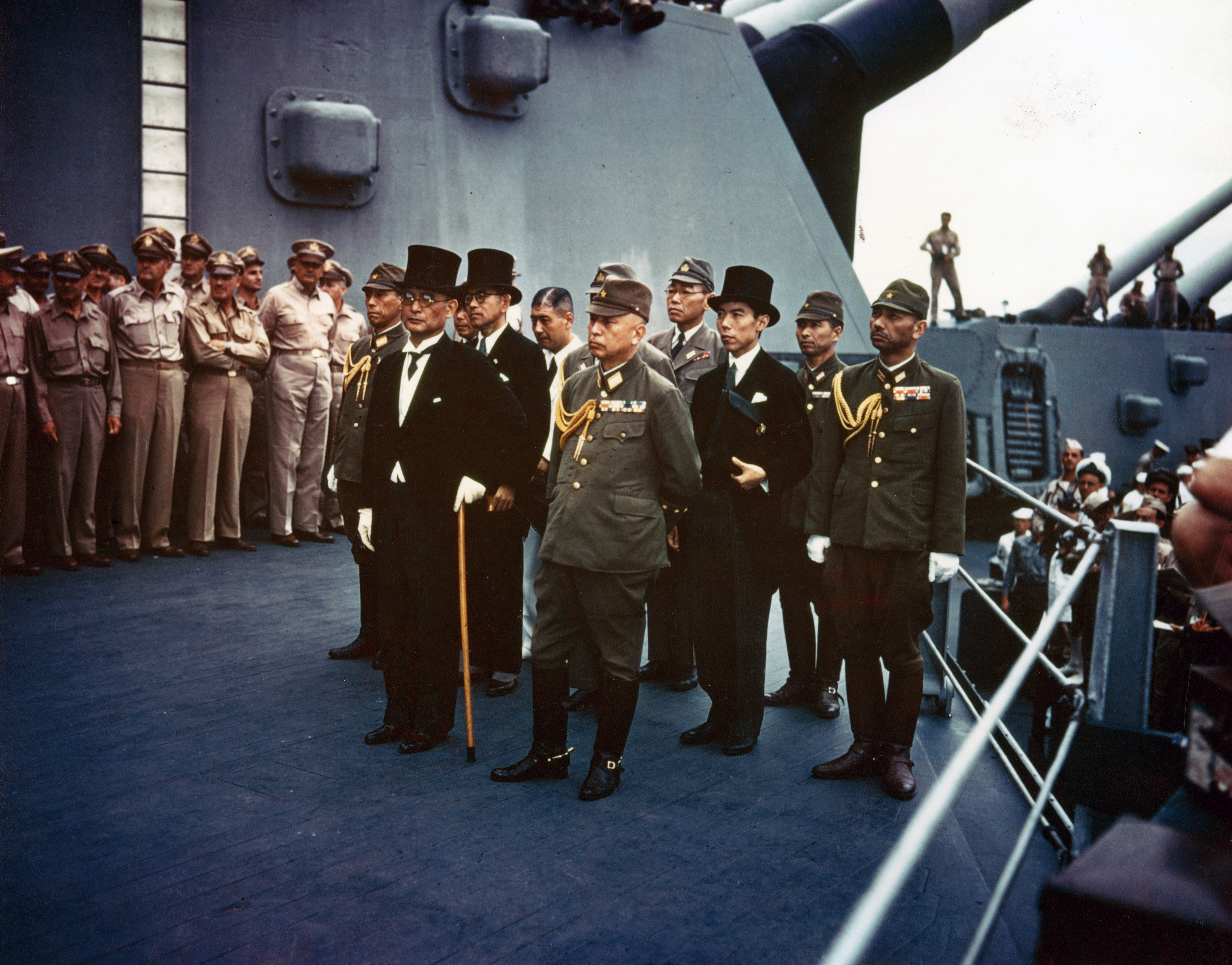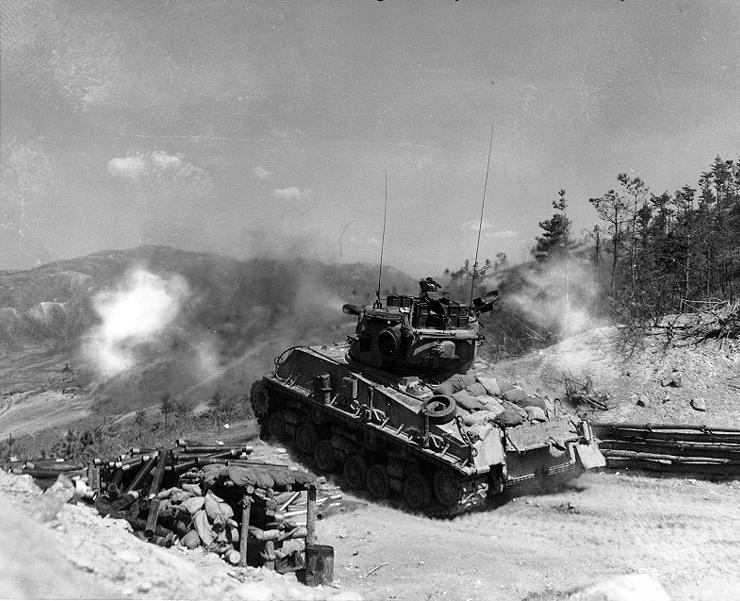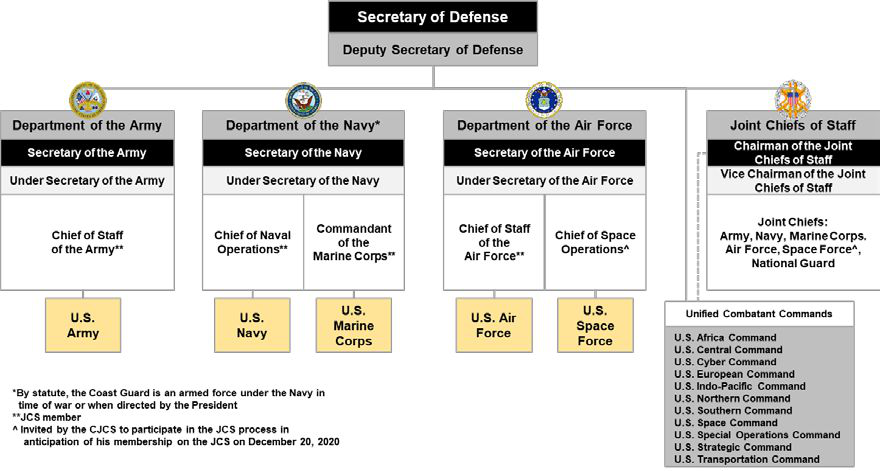|
Honours Of War
The honours of war are a set of privileges that are granted to a defeated army during the surrender ceremony. The honours symbolise the valour of the defeated army, and grew into a custom during the age of early modern warfare. Typically a surrendering garrison was permitted to march out with drums beating and flags flying, after which they would become prisoners of war or granted free passage. Full honours of war When ''full honours of war'' are granted, the defeated army may march out with its flags flying, drums beating, and bayonets fixed. During the matchlock era, musketmen would light their matches on both ends and place musketballs in their mouths. As the defeated army marches past, its band can play a tune of its own choice, customarily an enemy tune. However, there is no requirement that the defeated army select an enemy tune, and the British army at the Battles of Saratoga (1777) marched out to the tune of "The British Grenadiers". After the march-past, the defeate ... [...More Info...] [...Related Items...] OR: [Wikipedia] [Google] [Baidu] |
Surrender (military)
Surrender, in military terms, is the relinquishment of control over territory, combatants, fortifications, ships or armament to another power. A surrender may be accomplished peacefully or it may be the result of defeat in battle. A sovereign state may surrender following defeat in a war, usually by signing a peace treaty or capitulation (surrender), capitulation agreement. A battlefield surrender, either by individuals or when ordered by officer (armed forces), officers, normally results in those surrendering becoming prisoners of war. Definition and etymology Merriam-Webster defines "surrender" as "the action of yielding one's person or giving up the possession of something especially into the power of another", and traces the etymology to the Middle English ''surrendre'', from French ''sur-'' or ''sus-'', ''suz'' "under" + ''rendre'' "to give back"; this in turn is defined by the University of Michigan Middle English Dictionary as meaning "The giving up of an estate, a grant ... [...More Info...] [...Related Items...] OR: [Wikipedia] [Google] [Baidu] |
Industrial Warfare
Industrial warfare is a period in the history of warfare ranging roughly from the early 19th century and the start of the Industrial Revolution to the beginning of the Atomic Age, which saw the rise of nation-states, capable of creating and equipping large armies, navies, and air forces, through the process of industrialization. The era featured mass-conscripted armies, rapid transportation (first on railroads, then by sea and air), telegraph and wireless communications, and the concept of total war. In terms of technology, this era saw the rise of rifled breech-loading infantry weapons capable of high rates of fire, high-velocity breech-loading artillery, chemical weapons, armoured warfare, metal warships, submarines, and aircraft. Total war One of the main features of industrial warfare is the concept of "total war". The term was coined during World War I by Erich Ludendorff (and again in his 1935 book ''Total War''), which called for the complete mobilization ... [...More Info...] [...Related Items...] OR: [Wikipedia] [Google] [Baidu] |
United States Department Of Defense
The United States Department of Defense (DoD, USDOD, or DOD) is an United States federal executive departments, executive department of the federal government of the United States, U.S. federal government charged with coordinating and supervising the six U.S. armed services: the United States Army, Army, United States Navy, Navy, United States Marine Corps, Marines, United States Air Force, Air Force, United States Space Force, Space Force, the United States Coast Guard, Coast Guard for some purposes, and related functions and agencies. As of November 2022, the department has over 1.4 million active-duty uniformed personnel in the six armed services. It also supervises over 778,000 National Guard (United States), National Guard and reservist personnel, and over 747,000 civilians, bringing the total to over 2.91 million employees. Headquartered at the Pentagon in Arlington County, Virginia, just outside Washington, D.C., the Department of Defense's stated mission is "to provid ... [...More Info...] [...Related Items...] OR: [Wikipedia] [Google] [Baidu] |
Law Of War
The law of war is a component of international law that regulates the conditions for initiating war (''jus ad bellum'') and the conduct of hostilities (''jus in bello''). Laws of war define sovereignty and nationhood, states and territories, occupation, and other critical terms of law. Among other issues, modern laws of war address the declarations of war, acceptance of surrender and the treatment of prisoners of war, military necessity, along with ''distinction'' and ''proportionality''; and the prohibition of certain weapons that may cause unnecessary suffering. The ''law of war'' is considered distinct from other bodies of law—such as the domestic law of a particular belligerent to a conflict—which may provide additional legal limits to the conduct or justification of war. Early sources and history The first traces of a law of war come from the Babylonians. It is the Code of Hammurabi, king of Babylon, which in 1750 B.C., explains its laws imposing a code o ... [...More Info...] [...Related Items...] OR: [Wikipedia] [Google] [Baidu] |
Second Battle Of El Alamein
The Second Battle of El Alamein (23 October – 11 November 1942) was a battle of the Second World War that took place near the Egyptian Railway station, railway halt of El Alamein. The First Battle of El Alamein and the Battle of Alam el Halfa had prevented the Axis powers, Axis from advancing further into Egypt. In October 1942 Lieutenant-general (United Kingdom), Lieutenant-General Bernard Montgomery, commander of Eighth Army (United Kingdom), Eighth Army, opened his offensive against the Axis forces. In a 13-day battle the Axis ''Panzerarmee Afrika'' was crushed and forced to retreat from Egypt and Libya to the borders of Tunisia. The Allied victory at El Alamein was the beginning of the end of the Western Desert Campaign. The battle ended the Axis threat to the Middle East and Iran and revived the morale of the western Allies, being their first big success against the Axis since Operation Crusader in late 1941. The end of the battle coincided with the Allied invasion of F ... [...More Info...] [...Related Items...] OR: [Wikipedia] [Google] [Baidu] |
Battle Of Amba Alagi (1941)
The Battle of Amba Alagi was fought in May 1941, during World War II, part of the East African Campaign. After the Italian defeat at Keren in April 1941, Prince Amedeo, Duke of Aosta withdrew his forces to the mountain stronghold at Amba Alagi. The mountain had galleries carved into the rock to protect the defending troops and hold ample ammunition and stores and the Italian troops thought themselves to be impregnable. According to other sources, however, the fortress was easily defendable thanks to its position and the mountainous terrain, but lacked food and water, so that Marshal Enrico Caviglia later criticised the Duke for having chosen it for his last stand, calling the Amba Alagi "''uno scoglio senz'acqua e senza viveri''" ("a rock with neither water nor food"). The initial attacks on the approaches to Amba Alagi by British troops under Major-General Mayne from the north, commenced on 4 May with a pincer from the eastern and western sides. There was hard fighting in ... [...More Info...] [...Related Items...] OR: [Wikipedia] [Google] [Baidu] |
Siege Of Lille (1940)
The siege of Lille or Lille pocket (28–31 May 1940) took place during the Battle of France in the Second World War. The siege of the French IV Corps and V Corps (about of the First Army (General René Prioux) was conducted by four German infantry divisions supported by three ''panzer'' divisions. The III Corps of the First Army had managed to retreat to the Lys river with the British Expeditionary Force (BEF) divisions nearby. The two surrounded French corps resisted German attacks until forced to surrender at midnight on 31 May/1 June. The defence of the Lille Pocket enabled more Allied troops to retreat into the Dunkirk perimeter and take part in the Battle of Dunkirk. Prelude During the morning of 27 May, the 1st Panzer Division attacked Gravelines on the western side of the Dunkirk perimeter and cut off the garrison and its commander, Bertrand Fagalde was captured; the remaining French fought on. To the south, German panzers crossed the river Aa and other German ... [...More Info...] [...Related Items...] OR: [Wikipedia] [Google] [Baidu] |
World War II
World War II or the Second World War (1 September 1939 – 2 September 1945) was a World war, global conflict between two coalitions: the Allies of World War II, Allies and the Axis powers. World War II by country, Nearly all of the world's countries participated, with many nations mobilising all resources in pursuit of total war. Tanks in World War II, Tanks and Air warfare of World War II, aircraft played major roles, enabling the strategic bombing of cities and delivery of the Atomic bombings of Hiroshima and Nagasaki, first and only nuclear weapons ever used in war. World War II is the List of wars by death toll, deadliest conflict in history, causing World War II casualties, the death of 70 to 85 million people, more than half of whom were civilians. Millions died in genocides, including the Holocaust, and by massacres, starvation, and disease. After the Allied victory, Allied-occupied Germany, Germany, Allied-occupied Austria, Austria, Occupation of Japan, Japan, a ... [...More Info...] [...Related Items...] OR: [Wikipedia] [Google] [Baidu] |
François Achille Bazaine
François Achille Bazaine (13 February 181123 September 1888) was an officer of the French army. Rising from the ranks, during four decades of distinguished service (including 35 years on campaign) under Louis-Philippe I, Louis-Philippe and then Napoleon III, he held every rank in the army from fusilier to Marshal of France, the latter in 1863. Early life François Achille Bazaine was born at Versailles (city), Versailles, on 13 February 1811, from an affair prior to his father's marriage, with Marie-Madeleine Josèphe dit Mélanie Vasseur. His father was General Pierre-Dominique Bazaine, a polytechnic (promotion X1803), meritorious engineer of Napoleon I, and director of the Institute of Communications Channels of the Russian Empire. His elder brother Adolphe Bazaine-Vasseur, Pierre-Dominique Bazaine was a renowned engineer. Achille Bazaine conducted studies at the Institute of Bader (or Barbet), then the college of Saint-Louis. French Foreign Legion & Algeria While not p ... [...More Info...] [...Related Items...] OR: [Wikipedia] [Google] [Baidu] |
Siege Of Metz (1870)
The siege of Metz was a battle fought during the Franco-Prussian War from 19 August to 27 October 1870, and ended in a decisive allied German victory. The French Army of the Rhine under François Bazaine retreated into the Metz fortress after its defeat by the Germans at the Battle of Gravelotte on 18 August 1870. The fortress was promptly surrounded by German forces under Prince Friedrich Karl of Prussia. The French Army of Châlons was sent to relieve the Army of the Rhine but was itself encircled and annihilated by the German armies at the Battle of Sedan on 1–2 September. Unable to capture the fortress by bombardment or storm, the besieging Germans resorted to starving the French to submission. French attempts to break out ended in defeat at the battles of Noisseville on 31 August – 1 September and Bellevue on 7 October. French food supplies ran out on 20 October and François Achille Bazaine surrendered the fortress and the entire Army of the Rhine, some 1 ... [...More Info...] [...Related Items...] OR: [Wikipedia] [Google] [Baidu] |
Louis-Joseph De Montcalm
Lieutenant-General Louis-Joseph de Montcalm-Gozon, Marquis de Montcalm de Saint-Veran (; 28 February 1712 – 14 September 1759) was a French Royal Army officer best known for his unsuccessful defence of New France during the French and Indian War. Montcalm was born in Vestric-et-Candiac near Nîmes to an aristocratic family, and joined the French army at a young age. He served in the War of the Polish Succession and the War of the Austrian Succession, where his service resulted in a promotion to brigadier general. In 1756, King Louis XV sent him to New France to lead its defence against the British in the Seven Years' War. Montcalm met with notable successes in 1756, 1757 and 1758, but British mobilisation of large numbers of troops against New France led to military setbacks in 1758 and 1759 (when, in January, he was promoted to lieutenant general), culminating in Montcalm's death at the Battle of the Plains of Abraham. Montcalm's service in New France was marked by confl ... [...More Info...] [...Related Items...] OR: [Wikipedia] [Google] [Baidu] |
Early Modern Warfare
Early modern warfare is the era of warfare during early modern period following medieval warfare. It is associated with the start of the widespread use of gunpowder and the development of suitable weapons to use the explosive, including artillery and firearms; for this reason the era is also referred to as the age of gunpowder warfare (a concept introduced by Michael Roberts in the 1950s). Fortification techniques evolved rapidly due to the development of artillery. Firearms revolutionized warfare, diminishing the role of aristocracies and heavy cavalry. Early firearms, like arquebuses and muskets, gradually replaced bows and crossbows, leading to the introduction and decline of plate armor as firearms became more effective. Flintlock muskets became dominant by the 1690s, and the invention of the bayonet combined pikes and muskets, transforming infantry into the most crucial military force. Warfare also saw a shift towards larger armies and more devastating conflicts. The ... [...More Info...] [...Related Items...] OR: [Wikipedia] [Google] [Baidu] |








